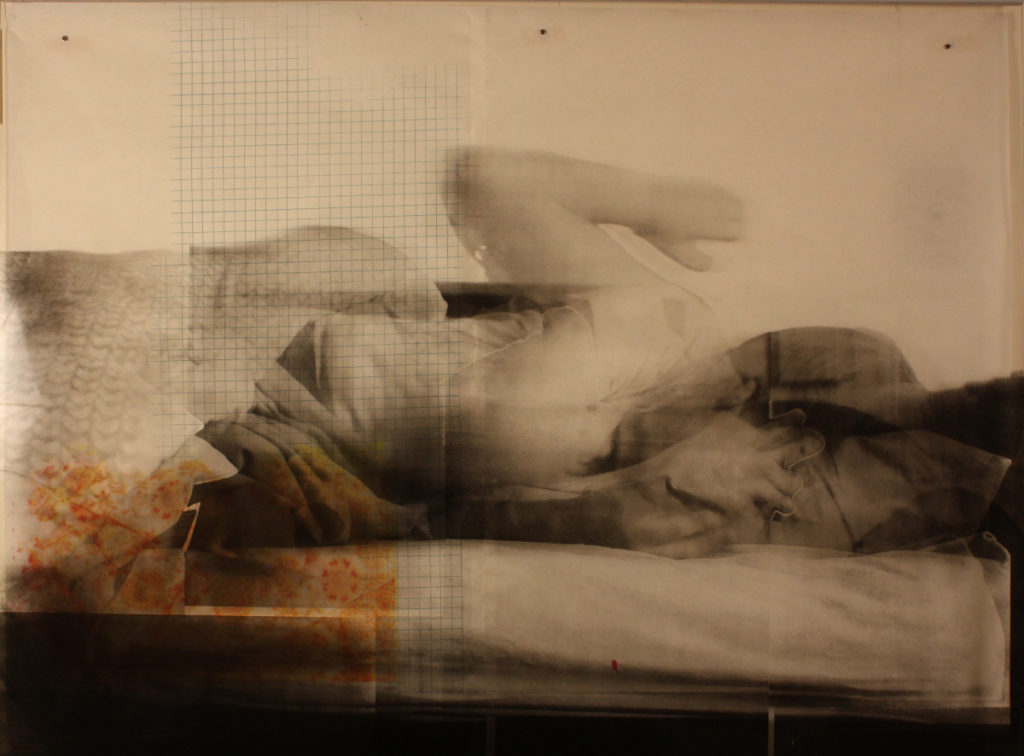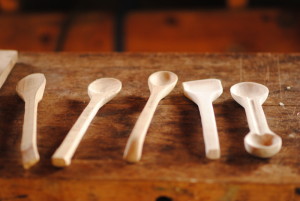I depend on more than one piece of technology in my daily life. My wheelchair is the fanciest, most complicated, and most expensive piece of technology I own. I have a love-hate relationship with my wheelchair as it’s where I spend most of my time. I sit in my fancy chair for up to ten hours a day and it’s difficult to get me in the chair in a way that allows me to function easily. Being comfortable would be fantastic, but I know not to expect too much. I should be able to hold my head straight and move my right hand unhampered by the chair. My right hand functions the best; it’s the hand I rely on.
I have multiple sclerosis and the wheelchair enables my life. That’s the love. This chair, which was new to me in October 2019, offers many leg-positioning options that I didn’t have in my previous chair. (I would never go back to that previous chair. Oh, there’s the love showing again.)
It doesn’t work alone, however. My wheelchair will only help me lead a fulfilling life with the expert skill of my caretaker—a caretaker who experiments with different ways to place me in my chair, in the hopes of finding a better way, so I can make the most of my day. A caretaker who is also a good listener and problem-solver. With the help of my caretaker and another piece of technology, an overhead lift with its accompanying sling, I am placed in my chair in the morning and stay there throughout the day.
You have to imagine this morning routine: my wheelchair is parked alongside my bed. The sling is laid beneath me by my caretaker, who takes the six straps on both sides of the sling and attaches them to what I like to call “the death star” (mostly because it’s always getting in people’s way). It is in fact a battery operated lift that is lowered to my chest. The straps are expertly placed on hooks on either side of “the death star” so that it can lift me safely up out of bed and onto my chair. The lift slides impressively because of the ball bearings that move me from left to right, from the bed to the chair. I have to admire the smoothness of this ride. Do I enjoy it? Somewhat, it is safe. Do I like it? Not so much, because I do not physically participate. How the sling is placed beneath me relies completely on the experience and expertise of my caretaker. And how I land in the chair also relies on the carefulness of my caretaker.
Once I am in my chair, the sling below me, there are several shifts that have to take place to re-position me. It’s too complicated to describe in detail, but a small shift to the left will sit me in such a way that I am able to eat without choking and allows me to tap on the keyboard of my laptop and not fall further to the right in a slump that will become uncomfortable by the end of the day. The correct placement in my chair allows me to eat meals, open my laptop, watch Netflix, read and send emails, and write passages such as this one. On a good day, I will get to FaceTime my daughters, maybe share a laugh with my son. On a good day, I may enjoy a visit from a friend or walking the dog with my helper.
When daily living provides me with so many obstacles—things that tire me out—having a chair that can be adjusted with ease is extremely important. Any wheelchair needs to have ease of adjustment and this brings me to the hate side of my current chair: the design of its parts. How can adjusting a single part of a chair require so many different tools? This chair requires wrenches, Allen keys, and ratchets. Two different tools are required to raise or lower the armrest to a better position.
For example, with the flick of a switch located just beside the seat of my chair, the armrest can be pulled out of its position and only with difficulty placed back securely. It is in fact easier to pull the armrest out than re-position it. This is a safety flaw; the opposite of a safety feature.
Let’s talk design some more. The head rest is secured to the back of the chair with a bolt. A wrench is required to loosen or tighten it. But the bolt at the base of the head rest is hidden behind a touchscreen. This is a secondary touchscreen meant to allow my caretaker to tilt, elevate, or turn the chair right or left. We don’t use this feature (fortunately I can use the controls myself). But I’ve become frustrated when we have to tighten the base of the head rest and it’s hidden behind this touchscreen. The second screen is simply bulk that is more annoying than useful.
In effect, what I’m asking for is a chair that allows me to move enough to get my daily activities done, while I’m also being physically supported, so I don’t tire myself out. On the 50th anniversary of the moon landing, as I was bumped and scuttled throughout the day and required a re-positioning in my chair, I joked that if NASA built me a chair, it would be the best chair possible. And that is my secret, playful wish: for NASA to build me a wheelchair.
In a Rita-Perfect World
As uncomplicated as silent companionship
when we listen
To simple playful magic
and the air…
When we listen
to a whale’s blow hole.
and the air escaping
reminds me of
a whale’s blow hole.
Bumped and scuttled between boats
and reminding me of swimming
between fishing lines.
Bumped and scuttled between boats,
submerged in the Saint Lawrence Seaway
between fishing lines,
the world sounds garbled.
Submerged in the Saint Lawrence Seaway,
when we take care of each other,
the world sounds garbled
then something new wants to be born.
When we take care of each other,
and remember to play,
something new wants to be born,
then laughter becomes the shower for the soul.
Remember to play,
when there are no more right whale deaths.
then laughter becomes the shower for the soul.
In a Rita-Perfect World;
when there are no more right whale deaths.
NASA will build me a wheelchair
as uncomplicated as silent companionship.


 In
In 
